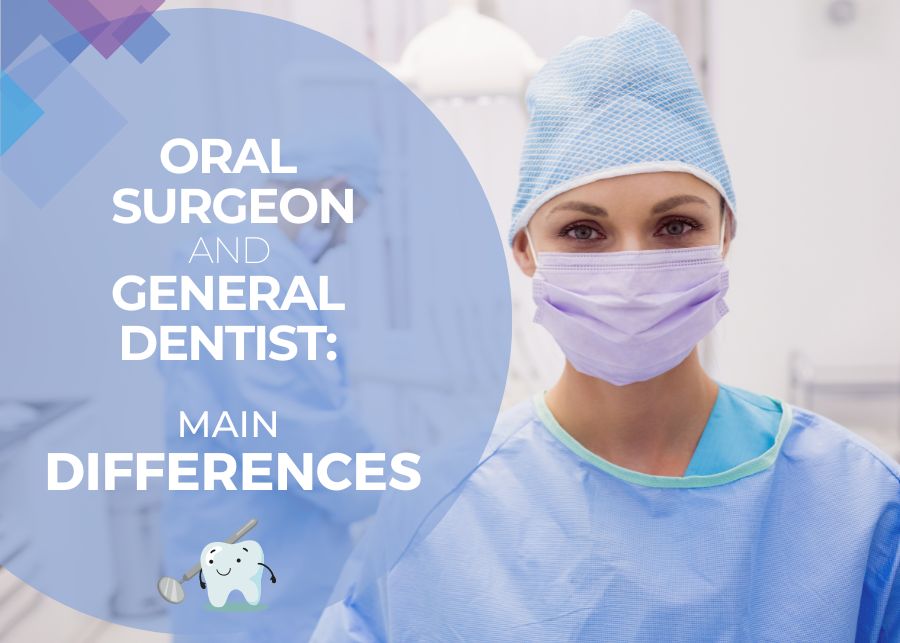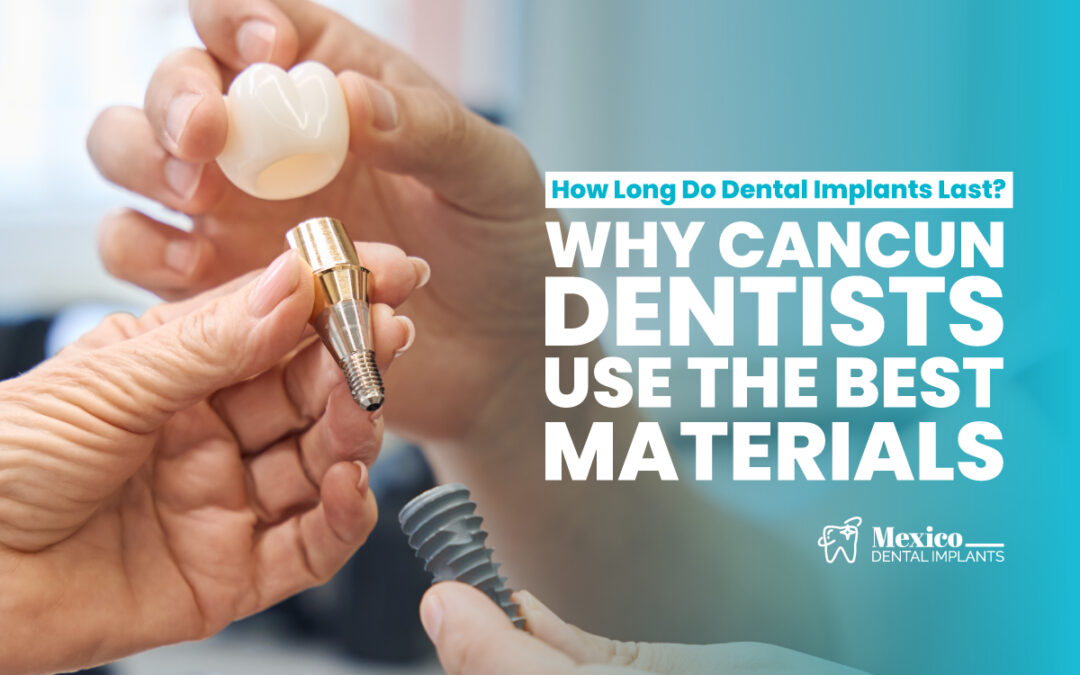June 5, 2023
Oral Surgeon and General Dentist: Main Differences
Suppose you have oral health care concerns and are wondering whether to contact an oral surgeon or a general dentist. In that case, you should know the unique differences between these two specializations to make the right choice.
Dentistry is an extensive field, and each dental condition requires a specific type of professional. Let’s take a thorough look at each specialization below:
| GENERAL DENTIST | ORAL SURGEON |
| Offer primary dental care for all patients and perform routine restorative and preventive oral health care procedures. | Dental specialists receive four to six more years of schooling than general dentists. They treat problems related to the soft and hard tissues in the mouth, jaw, and face. |
| Often offer family dental care, specialized care, or regular cleanings. | They also specialize in such areas as otolaryngology (ear, nose, and throat), anesthesiology, internal medicine, plastic surgery, and emergency medicine. |
| They keep track of their patients’ overall oral health. | |
| Offer procedures aimed at repairing damage caused due to disease, trauma, or tooth decay, such as fillings, root canals, and crowns. |
Main Differences:
Education

Oral surgeons undergo vast education to become surgical specialists. The oral surgeon is the most qualified to perform complex dental implant procedures when compared to a periodontist and a general dentist, thanks to their rigorous training.
Becoming an oral surgeon requires an additional four to six years of training after completing dental school. After this, the next step is obtaining board certification, which is granted after demonstrating proficiency in surgical cases and passing oral and written exams. Being board certified signifies a sense of confidence and competence.
A surgeon who is board-eligible is currently in the process of becoming certified. Like their board-certified colleagues, they prioritize positive patient outcomes, providing quality care, and continuously striving for personal growth.
General dentists can be certified after a weekend course.
Experience
Oral surgeons have more experience in complex procedures than general dentists.
A track record of satisfied patients is the ultimate testament to quality. Board certification is proof of successful case history; nevertheless, researching for real patient feedback is a great way to ensure you will be in the right hands. In most cases, you can request to speak with a former patient.

Will You Still Need Extractions?

If the patient needs teeth extracted before their procedure, only an oral surgeon is licensed to have general anesthesia administered in their office. This is both a wise and comfortable option for the patient.
Recommended Questions for Your First Appointment
Being board-certified is the ultimate badge of confidence. However, it is still important to get to know all of the people who will be involved in your procedure. Here are some recommended questions that might be useful for you during your first appointment:
Are you an oral surgeon or a dentist?
Are you a board-certified oral surgeon?
How long have you been performing this procedure?
Could you connect me with a recent patient who can provide further information and answer additional questions about the procedure?
Although they belong to the same profession, general dentists’ and oral surgeons’ job responsibilities vary significantly.
The choice of picking one over the other comes down to the treatment you need. If you need routine checkups or regular cleanings, it will be better to visit a dentist, whereas, for complex procedures, you should schedule an appointment with an oral surgeon.
If you are facing oral health issues, don’t hesitate to seek help from a general dentist, as they can refer you to a surgeon for more intricate procedures.
Mexico Dental Implants offers affordable dental implants and All-On-4 in Mexico with US’ highest standards, financing, and guarantee. Improve your life and your smile today!



